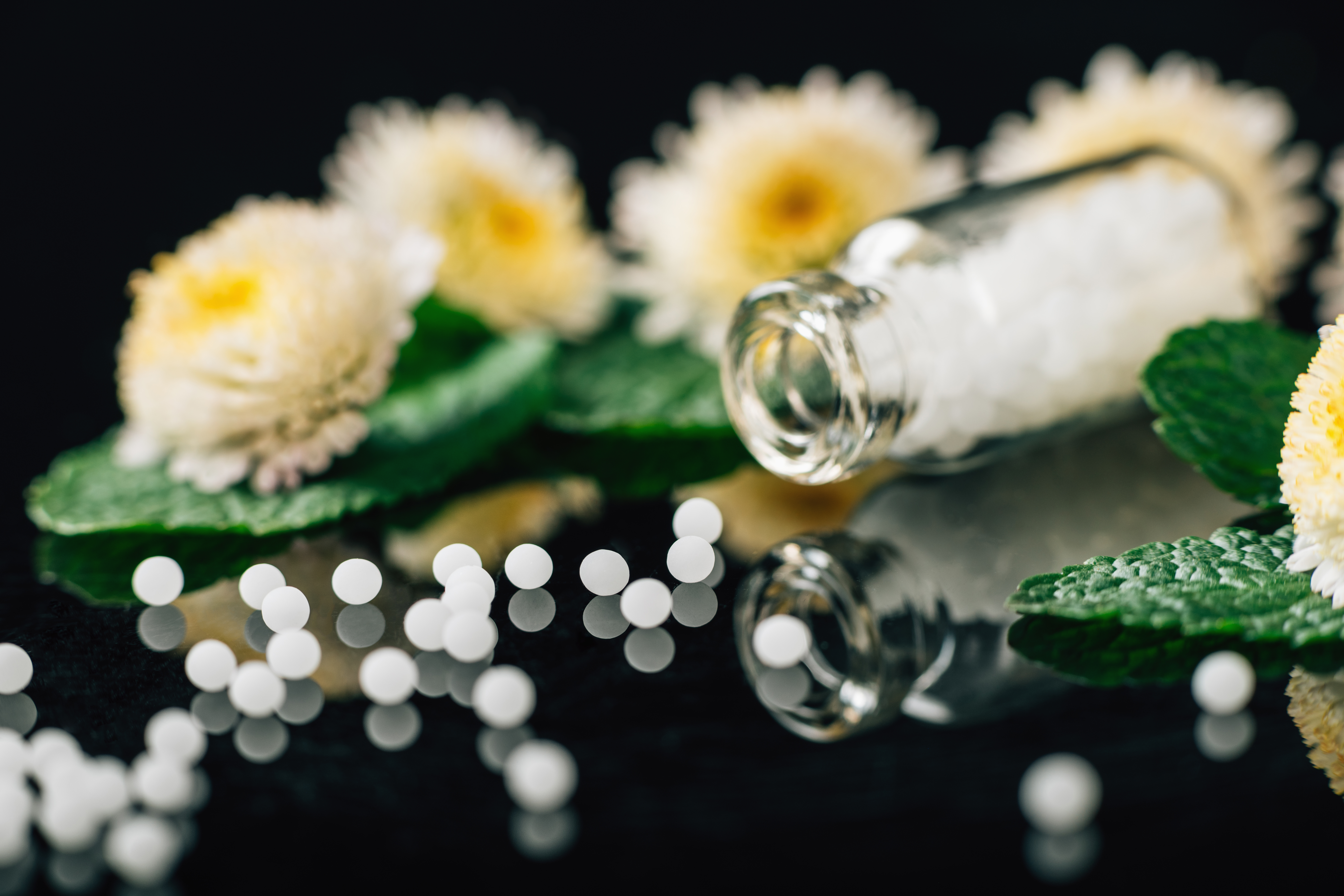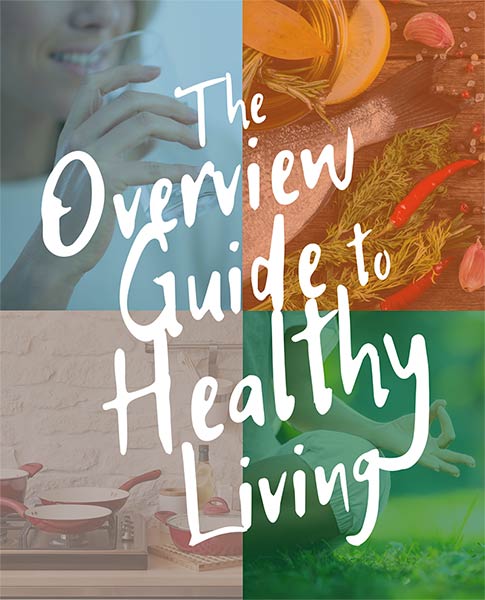Homeopathy is a type of alternative medicine based on the principle that “like cures like”. Homeopathic remedies use natural compounds (plants and minerals), diluted in water or a mixture of water and alcohol. The compounds are diluted so much that the medicine retains no molecule of the compound. The more diluted the remedy, the more potent the medicine is.
Homeopathic remedies are chosen based on symptoms, which are viewed as the body’s “adaptive reaction” to the current state (Fontaine K., 2019). This healing system is based on the law of similars: a natural substance that causes a specific symptom in a healthy person, cures the same symptom in a sick person.
I have used homeopathy since I was a child. It is very popular in Europe as it is a gentle and effective way to treat certain maladies and symptoms, and it is safe to use even for babies and the elderly. Homeopathy has been used in many Italian hospitals alongside conventional medicine since the 1990s (Rossi, E. et al., 2018). Homeopathy is gaining popularity in the United States. Despite the growing interest, there are difficulties in conducting scientific studies to prove or disprove the validity of this medicine. Issues with clinical trials are mostly caused by the way homeopathy works and how the remedies are chosen. The remedies are chosen not based on diseased conditions the way Western medicine medications are prescribed, but they are chosen based on specific symptoms and constitutions. For this reason, it is extremely hard to conduct clinical trials on homeopathic remedies. Despite this, homeopathy is used successfully around the world to treat a variety of conditions from allergies to anxiety to digestive issues. Some have hypothesized that homeopathy’s effectiveness is driven by the placebo effect, but there is no concrete data to prove or disprove such claim (Mathie R. T., 2015).
I have used homeopathy successfully with my babies to relieve teething pain colics when they were infants. I use oscillococcinum at the onset of the flu, and I use homeopathic arnica for swelling, bruising and injuries. In 2007 I underwent extensive surgery, and I was prescribed homeopathic arnica by my surgeon to help reduce post-operative swelling and bruising. Despite the popularity of arnica in the medical community, scientific data is lacking, though cumulative evidence shows that homeopathic arnica could be a valid alternative to NSAIDs (Iannitti, T. et al., 2016).
While researchers are cautious due to the lack of data, some homeopathic remedies have been shown to have beneficial effects in the treatment of several conditions. A systematic review published in the Journal of Alternative and Complementary Medicine reported that the use of Galphimia glauca or a homeopathic nasal spray may have positive effects on treating allergic rhinitis (AR) symptoms (Banerjee, K. et al., 2017). Homeopathy may also be helpful in the treatment of IBS-C. Additionally it appears that homeopathic remedies are effective in alleviating symptoms of depression and anxiety disorder (Grimaldi-Bensouda, L. et al., 2016).
References
Banerjee, K., Mathie, R. T., Costelloe, C., & Howick, J. (2017). Homeopathy for Allergic Rhinitis: A Systematic Review. Journal of alternative and complementary medicine (New York, N.Y.), 23(6), 426–444. https://doi.org/10.1089/acm.2016.0310
Grimaldi-Bensouda, L., Abenhaim, L., Massol, J., Guillemot, D., Avouac, B., Duru, G., Lert, F., Magnier, A. M., Rossignol, M., Rouillon, F., Begaud, B., & EPI3-LA-SER group (2016). Homeopathic medical practice for anxiety and depression in primary care: the EPI3 cohort study. BMC complementary and alternative medicine, 16, 125. https://doi.org/10.1186/s12906-016-1104-2
Iannitti, T., Morales-Medina, J. C., Bellavite, P., Rottigni, V., & Palmieri, B. (2016). Effectiveness and Safety of Arnica montana in Post-Surgical Setting, Pain and Inflammation. American journal of therapeutics, 23(1), e184–e197. https://doi.org/10.1097/MJT.0000000000000036
Karen Lee Fontaine. (2019). Complementary & integrative therapies for nursing practice. Pearson.
Mathie R. T. (2015). Controlled clinical studies of homeopathy. Homeopathy : the journal of the Faculty of Homeopathy, 104(4), 328–332. https://doi.org/10.1016/j.homp.2015.05.003
Rossi, E., Di Stefano, M., Picchi, M., Panozzo, M. A., Noberasco, C., Nurra, L., & Baccetti, S. (2018). Integration of Homeopathy and Complementary Medicine in the Tuscan Public Health System and the Experience of the Homeopathic Clinic of the Lucca Hospital. Homeopathy : the journal of the Faculty of Homeopathy, 107(2), 90–98. https://doi.org/10.1055/s-0038-1636839

